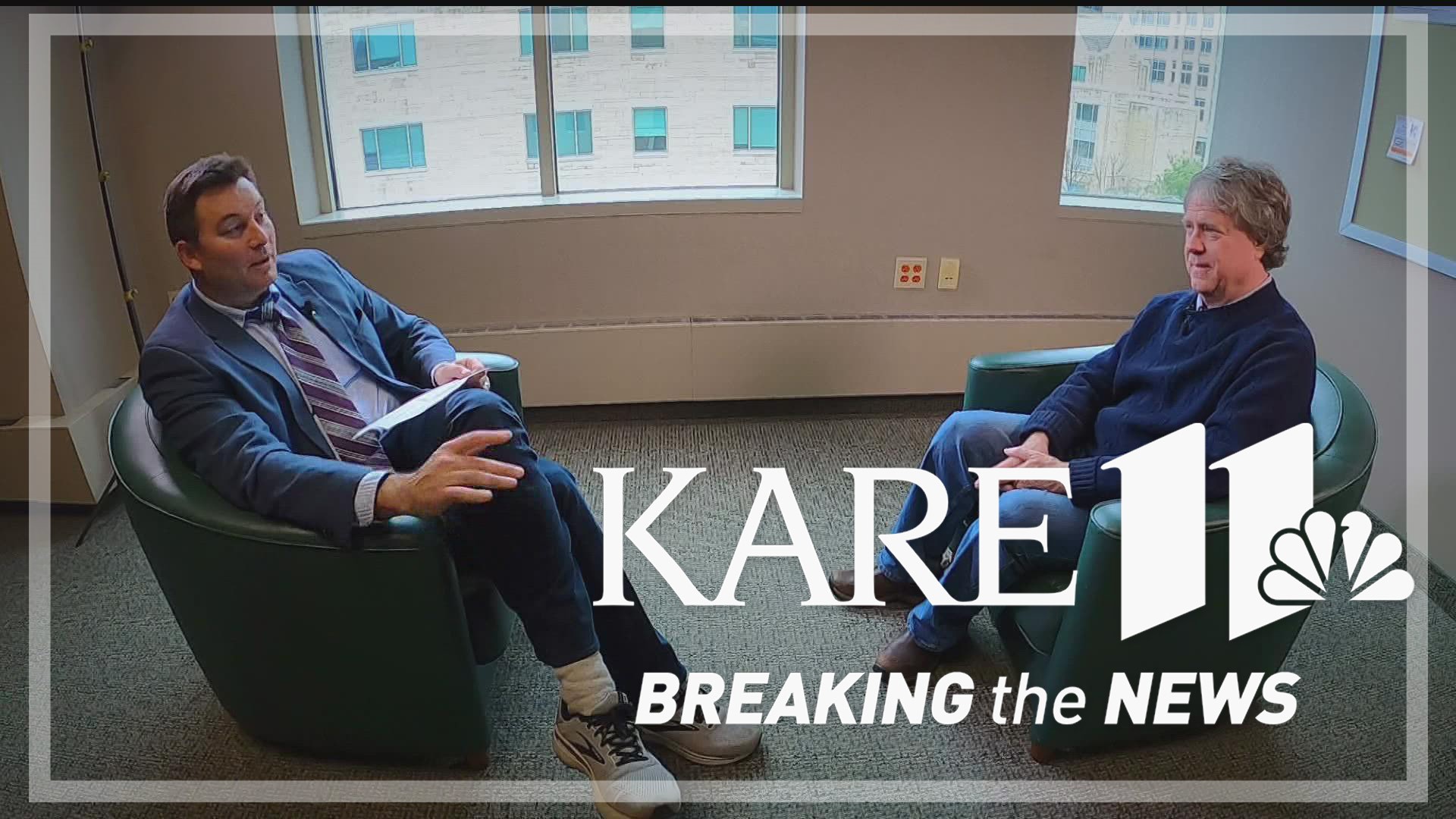ST PAUL, Minn. — Imagine preparing 125 million meals. Now, imagine not preparing 125 million meals but trying to show through paperwork that you did.
This is essentially what federal prosecutors believe 49 people were trying to do – from the non-profit Feeding Our Future down through some of its subsidiaries.
Some might think the evidence showing vast payments and missing meals could make for a slam dunk prosecution, but one legal expert says there are a lot of moving parts to a case of this size and scope.
Here’s part of our conversation with University of St. Thomas Law School professor and former federal prosecutor Mark Osler.
Chris Hrapsky: What is working in the prosecution’s favor?
Mark Osler: The biggest thing the prosecution has in this case is that they took the time to do a thorough investigation before charging. They didn’t just rush in and lock people up. They took their time and put the pieces together and only once they did that, did they charge. And that’s a huge advantage.
Osler also spoke about the lack of sympathy a jury might have for people accused of raking in millions of dollars that were supposed to feed children of low-income families.
RELATED: MN Judicial Branch, Dept. of Education clash over nature of resumed payments to Feeding Our Future
Chris: So then, in summary, what’s working against the prosecution?
Mark: The complexity of it. One of the things about having this many people in play over the course of several indictments that are tied together, again like spokes around a hub. It’s a lot to keep track of, and when you got separate elements for each of them and multiple counts for those people, making sure you’ve checked every single box is pretty hard to do. We have to remember that a number of elements in these cases can be fairly complicated. For example, a number of people were charged with money laundering. With that, there [are] other things that need to be proven such as actual financial transactions with the money from the program. So, we can paint with a broad brush and say this is a staggering, staggering fraud, which it certainly appears to be. When you look at any one individual, we have to look at the specific elements of the crime they are charged with and that’s where the rubber meets the road.
Chris: There are 49 indictments. And there's a lot of people who know each other, maybe friends with each other, maybe business partners, maybe family. How much finger pointing is going to go on, and as a prosecutor how do you use those relationships to try and get guilty verdicts?
Mark: When you got a complicated web of relationships: social, romantic, family relationships going on, that gets very tricky. But here, it's fair to say the informing on one another has already begun. We have some informants that were charged by information rather than indictment. That means they waved their right to indictment. And often those are going to be people who are cooperating with the government and have already cut a plea deal.
Chris: Does each person get their own trial?
Mark: Everybody has the right to a trial, but that doesn’t mean they have the right to a trial by themselves. So usually, a trial is going to be grouped by indictment. Everybody who is charged together will be tried together.
Watch more Breaking The News:
Watch all of the latest stories from Breaking The News in our YouTube playlist:

